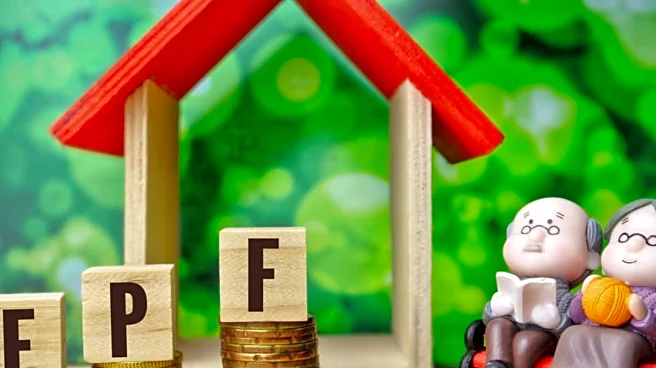Many private employees often wonder how their pension compares to those in government jobs. Private sector workers who subscribe to the Employee Provident Fund (EPF) receive pension benefits under the Employee Pension
Scheme (EPS).
A portion of the employee’s salary is automatically deposited into their EPF account each month, matched by an equal contribution from their employer. Specifically, the employer contributes 8.33% of the basic salary plus Dearness Allowance (DA) into the EPS, with a maximum cap of Rs 15,000.
Ten Years Of Service Is Mandatory To Receive A Pension
To be eligible for a pension, employees must work for at least 10 years. Upon retirement, the amount accumulated in the EPS account is used to provide a monthly pension, which is managed by the Employees’ Provident Fund Organisation (EPFO).
The minimum age to receive a pension is 58 years, with at least 10 years of service. Employees can opt for a reduced pension at the age of 50.
If an employee leaves their job before completing 10 years of service, they will not receive a monthly pension but will instead receive the entire EPS amount as a lump sum at retirement.
What Your Monthly Pension Looks Like After 30 Years Of Service
The pension amount is calculated using a straightforward formula. The average basic salary of the last 60 months is multiplied by the total years of service, then divided by 70.
Thus, the longer an employee works and the higher their final salary, the larger their pension will be. For example, if an employee’s pensionable salary is Rs 25,000 and they have 30 years of service, the monthly pension is computed as (Rs 15,000 × 30) / 70, resulting in Rs 6,428 per month.
Who Receives The Benefits If An Employee Passes Away?
In the event of an employee’s death, their family is entitled to a monthly family pension. This pension can be claimed by the spouse, children, or orphans. According to the EPFO, the family or nominee must complete Form 10D or the composite claim form through the last employer and submit all required documents to the EPFO office to claim the pension.
The primary purpose of the family pension is to ensure the family does not face financial hardship after the employee’s death. Experts advise against withdrawing EPF money when changing jobs, recommending instead to transfer it to the new employer. This approach ensures that the previous years of service are added to the new service period, potentially resulting in a higher pension upon retirement. Paying attention to these details can provide better financial security for the family.









/images/ppid_a911dc6a-image-17709981268676934.webp)

/images/ppid_a911dc6a-image-177099783324954399.webp)
/images/ppid_59c68470-image-177099754261412614.webp)

